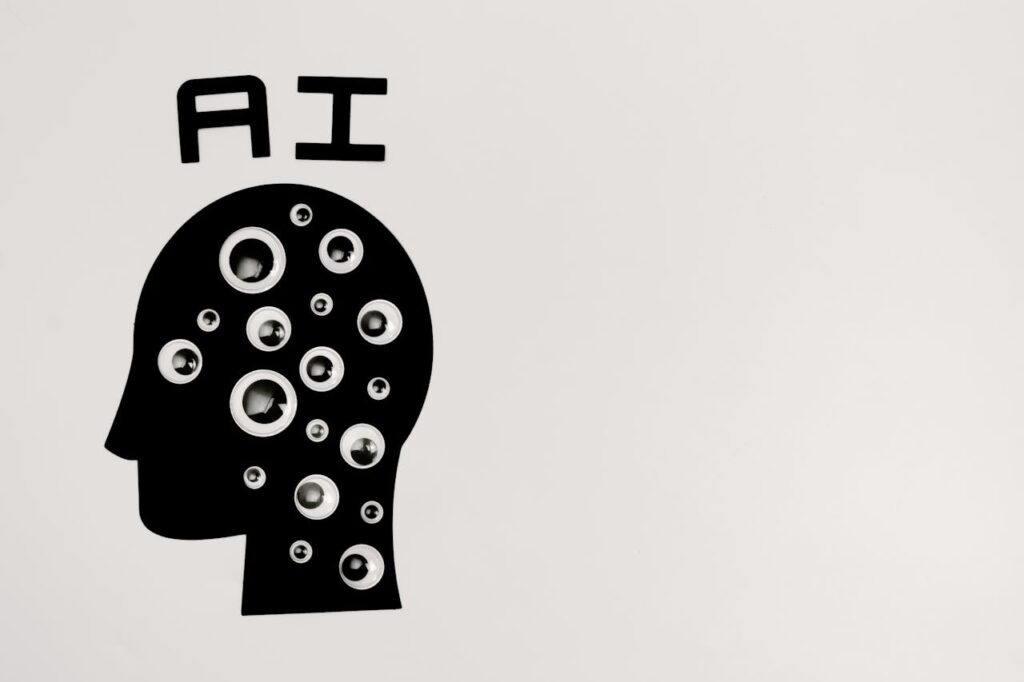
Rather than write yet another blog on the advantages of AI, I thought I’d try a slightly different approach. Yes AI is a game-changer, I use it a lot myself, however, I thinks it’s crucial to acknowledge the potential pitfalls of over-reliance on this technology in relation to organisational growth and employee wellbeing.
One of the most significant implications of relying too heavily on AI for organisational growth is the erosion of human creativity and intuition. While AI excels at crunching numbers and analysing data, it lacks the uniquely human qualities of empathy, emotional intelligence, and creative thinking. In an environment where AI dictates every strategic move, there’s a risk of stifling innovation and limiting the exploration of unconventional ideas. After all, innovation often thrives in the space where data ends and intuition begins.
Furthermore, an over-reliance on AI can create a false sense of security, leading to complacency and a loss of agility. Organisations may become so reliant on AI-driven predictions and recommendations that they overlook the importance of human oversight and intervention. In a rapidly changing business landscape, adaptability is key. Blindly following AI-generated strategies without critically evaluating their efficacy in real-time can leave organisations vulnerable to unexpected disruptions and missed opportunities.
Moreover, the black box nature of some AI algorithms presents a significant challenge in terms of accountability and transparency. Without a clear understanding of how AI arrives at its conclusions, it’s challenging to assess its reliability and fairness.
Another implication of leaning too heavily on AI for growth is the exacerbation of existing biases and inequalities. AI systems are only as unbiased as the data they’re trained on, and if that data reflects societal biases, it can perpetuate and even amplify them.
Furthermore, the over-reliance on AI can lead to a skills gap within organisations. As tasks become increasingly automated, employees may become deskilled in critical areas, making them ill-equipped to handle unforeseen challenges or contribute meaningfully to strategic decision-making. Moreover, the fear of being replaced by AI can erode employee morale and job satisfaction, leading to disengagement and turnover. Organisations must strike a balance between leveraging AI to enhance productivity and investing in employee training and development to ensure they remain agile and adaptable in a rapidly evolving landscape.
So, what’s the solution? It’s not about rejecting AI altogether but rather adopting a balanced approach that harnesses its potential while mitigating its risks. Organisations must prioritise human-centric AI solutions that complement, rather than replace, human expertise and creativity.

